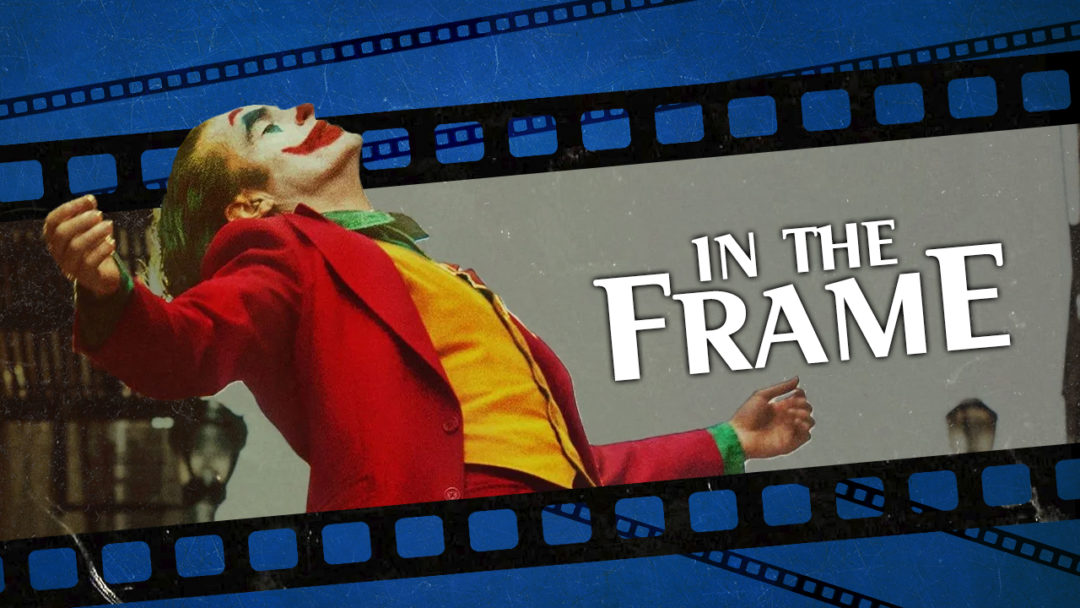Joker is quite the success story.
The film crossed the $1 billion mark last week, becoming the first R-rated movie to do so. It was already the most profitable comic book movie ever produced. Notably, it accomplished this without access to the increasingly lucrative Chinese market. This is quite the payoff for a film that was considered a gambit by those working in the studio and a source of moral panic to outside observers.
Inevitably, the conversation has turned to what will happen next. Joaquin Phoenix has been surprisingly coy, refusing to rule out a sequel. There were reports that Todd Phillips was already working on a sequel and had even raided the DC toy chest for other supervillains to mine. While Phillips subsequently denied these reports, there’s no doubt that studios have noted Joker’s success.
In Hollywood, success breeds imitation. Nobody has a sure-fire strategy for box office glory, but the most viable approach has always been to emulate what worked before. The Dark Knight inspired a wave of darker and edgier blockbusters like Fantastic Four (2015) or The Amazing Spider-Man. The Avengers led to a variety of misfired shared universes – like the Dark Universe and the troubled DC Extended Universe.
If Joker is to become an influential and defining film, it is important to learn the right lessons from its success. In order to understand the appeal, studios must understand why the film resonated with audiences in the way that it did, and how it became a breakout hit that performed like a four-quadrant crowd-pleaser rather than the niche property that many assumed it would be.
Joker was a polarizing and divisive film. There is no getting around that fact. However, the film has drawn support from a variety of interesting sources – indie director Great Gerwig, comedian and writer Phoebe Waller-Bridge, documentarian Michael Moore. The outdoor staircase from the film has become a minor tourist attraction in the Bronx.

Why did audiences respond to it in the way that they did? It seems likely that Joker was embraced because it felt so different from the bulk of product in the market. The Marvel Cinematic Universe has, due to its overwhelming success, come to define the shape and flow of the modern blockbuster. Many modern franchise films feel like entries in the MCU, despite their content.
Fast & Furious Presents: Hobbs & Shaw went all-in on its superhero influences, with Idris Elba’s villain triumphantly declaring himself “Black Superman” in the trailer. X-Men: Dark Phoenix tried to embrace generic superheroics, with the reshot climax literally taking the merry mutants into the custody of the MCU. Terminator: Dark Fate even applies the same quippy winking banter that has become genre staple.
Joker felt distinct from all of those. Of course, Todd Phillips’ film was derivative in its own right. It drew heavily from classic seventies and eighties cinema, referencing everything from The French Connection to The Exorcist to Taxi Driver to The King of Comedy. However, for audiences that were too young to have seen these movies, or with less grounding in cinema, it felt fresh and novel.
Even for audiences familiar with the New Hollywood classics that Phillips was brazenly evoking, there was an interesting piece of genre play within that. Phillips wed that old-fashioned sensibility to a perverted superhero origin to produce something that surprised mainstream audiences. It was a film radically different from contemporaries Captain Marvel, Avengers: Endgame, or Spider-Man: Far From Home.
There is nothing inherently wrong with the Marvel Studios model. After all, those movies clearly have their audience. However, the success of Joker demonstrates that the default template is not the only way to make a superhero blockbuster, and that there is a clear appetite for material that doesn’t conform to the expected rhythms and structures.
There are a number of lessons that studios should take from Joker. The most obvious is that audiences are willing to branch out if they trust the brand. For many people, Joaquin Phoenix’s performance was the best part of Joker. That performance is similar to his work in You Were Never Really Here or The Master, but it reached a wider audience because of the established brand.

Joker demonstrates that not every film needs a blockbuster budget. Paramount has struggled to make the Star Trek film franchise viable, despite the fact the three previous films are among the four highest-grossing in the series worldwide and adjusted for inflation. (They are the top three worldwide unadjusted). Smaller budgets allow for greater risks and lower stakes.
With the combination of an established brand and a lower budget, studios can afford to take risks. Hire directors with strong and distinctive visions that set themselves apart from the generic blockbuster aesthetic, and trust their vision. Werner Herzog is raving about how “heartbreakingly beautiful” Baby Yoda is, so give him $75 million and ask him if he wants to make his own Star Wars film.
Ideally, the success of Joker would open the door to a variety of other projects that are as prima facie absurd as “Martin-Scorsese-influenced Joker origin story.” A Sinestro origin informed by 2001: A Space Odyssey and Ad Astra? A Professor Zoom story in the style of Arrival or Blade Runner 2049? Films we can’t even imagine, given sizable budgets and a reasonable marketing push.
The obvious concern is that there’s no need for established intellectual property to cannibalize these other genres. Once Upon a Time… in Hollywood and Us performed well without that sort of tether to existing brands. Still, if this provides a reason to fund a more diverse array of films, it is better than the alternative. For every Ford v Ferrari, there is a Widows or a Bad Times at the El Royale.
These are the best lessons that the studios could take from the success of Joker. Unfortunately, history suggests that they will instead settle for the most superficial. Just as Hollywood learned the wrong lessons from successes like The Dark Knight or The Avengers, Joker’s box office bonanza may simply result in a spate of “darker and edgier” or “grim and gritty” low-budget superhero films.
Who knows? Joker’s legacy may still be wild.





